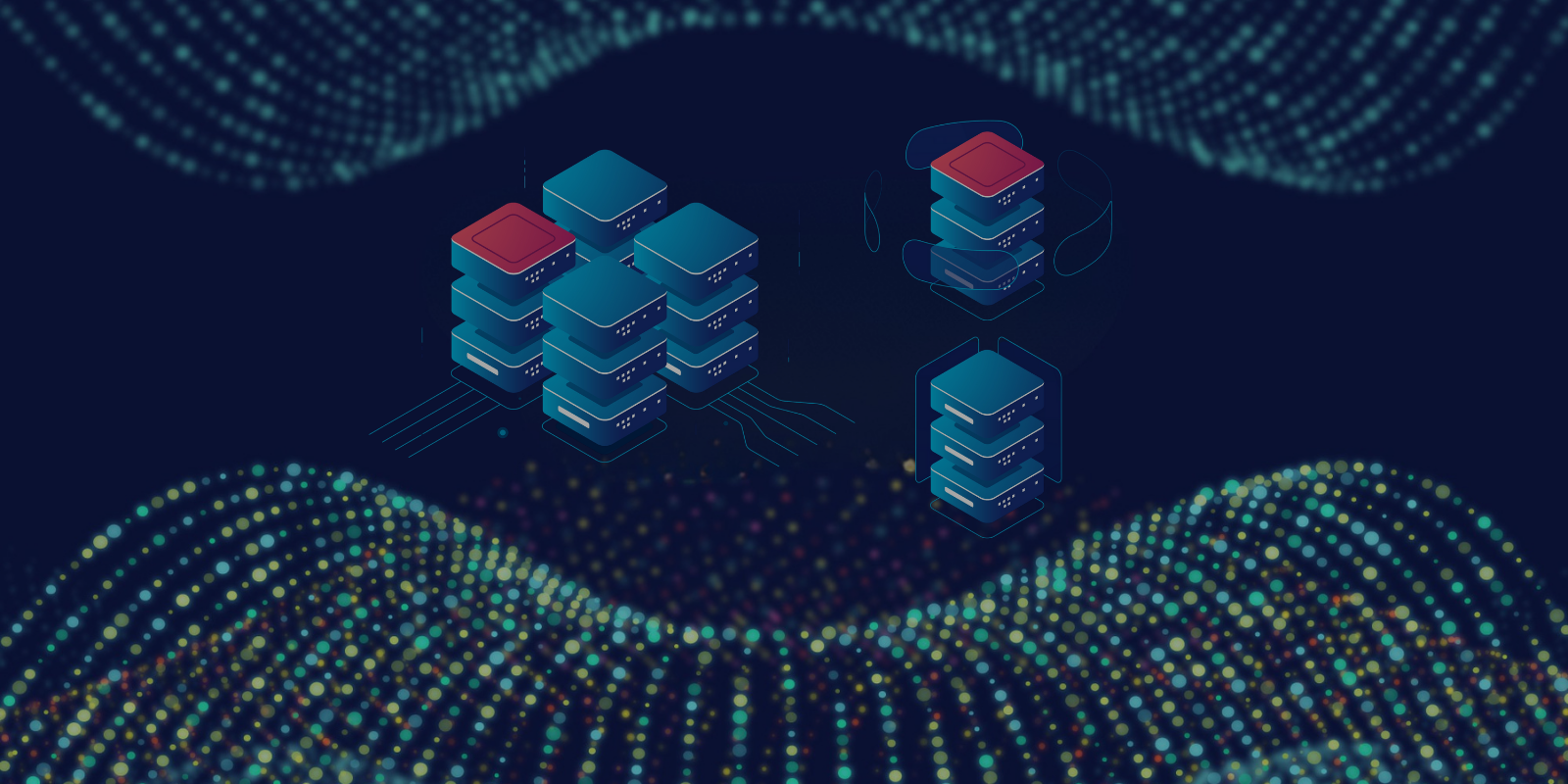While most organizations are still experimenting with copilots, Databricks is already building autonomous AI agents that plan, reason, and act at enterprise scale. With the launch of Agent Bricks and the Data Science Agent, the company is laying the foundation for an agent-native future, where analytics are not just augmented by AI but driven by it.
McKinsey estimates that failing to scale AI could cost enterprises $1.3 trillion in unrealized value. The problem isn’t data it’s the drag of manual analytics and outdated workflows. Databricks' Agent Bricks and Data Science Agent mark a shift from assistive tools to autonomous systems driving intelligence, scale, and competitive edge. In this new era, leaders won’t just move faster they’ll move smarter.
Agent Bricks: From Task Definition to Self-Optimizing Agents
Building AI agents used to be a heavy lift requiring LLM expertise, complex pipelines, and mountains of labelled data. Agent Bricks flips that paradigm.
Now, with a simple prompt and a connected dataset, enterprises can define what they want an agent to do and let the platform figure out how.
How It Works:
- Describe the Task – Define objectives in natural language (e.g., “Extract product names from invoices”).
- Auto-Evaluation – Agent Bricks generates synthetic benchmarks and custom LLM judges.
- Autonomous Optimization – Techniques like prompt tuning, fine-tuning, and TAO (Test-time Adaptive Optimization) are applied under the hood.
- Cost vs. Quality Controls – Choose between high-efficiency or high-accuracy configurations or get both.
Databricks reports up to 2x accuracy and 10x cost savings over manual LLM agent engineering.
The Engine Behind the Agents: ALHF + TAO
🔹 Agent Learning from Human Feedback (ALHF)
Goes far beyond thumbs-up/down. ALHF leverages detailed language feedback to improve retrieval, prompt structure, and logic training the agent stack holistically, not just at the prompt layer.
“Instead of packing instructions into brittle prompts, ALHF learns and adapts across the full agent stack.”
— Databricks Research Team
🔹 Test-Time Adaptive Optimization (TAO)
A game-changer. TAO fine-tunes models during inference using real-time usage data. It lets enterprises deploy open-source models (like Llama 3) with performance that rivals premium models without the costs.
These innovations make agent development smarter, faster, and radically more scalable.
Top Use Cases: Agents Built for Enterprise Impact
Databricks is solving real business problems with intelligent, scalable AI data agents powered by Databricks Assistant, Data Science Agent, and Agent Mode all governed by Databricks Unity Catalog agents for secure, compliant operations.
- Information Extraction
Pull structured data (e.g., SKUs, pricing) from unstructured sources like PDFs and emails ideal for procurement and logistics. - Knowledge Assistant
Upgrade manuals and SOPs into real-time Q&A agents using Databricks Assistant, fully governed by Unity Catalog. - Multi-Agent Orchestration
Coordinate workflows across multiple AI data agents for compliance, reviews, and automation powered by Agent Mode. - Custom LLM Agents
Deploy branded, logic-aware agents for personalized, compliant content built on the Data Science Agent foundation.
Data Science Agent: Turning Bottlenecks into Business Velocity
For data leaders, the biggest challenge isn’t access to talent or tools it’s the time lost to repetitive, manual work that slows down insights and undermines agility.
Databricks’ new Data Science Agent changes that equation.
What sets it apart is Planner Mode, where the agent drafts a multi-step plan, seeks user approval, and then executes the workflow in a transparent and controlled manner.
“Instead of juggling repetitive tasks, data practitioners can focus on higher-value analysis and storytelling.”
— Samikshya Meher, Practice Director, Everest Group
Ecosystem Moves: Databricks Is Playing the Long Game
These agent tools are not standalone features they’re backed by a serious ecosystem strategy:
- Neon Acquisition – Native Postgres for real-time agent storage
- Tecton Integration – Real-time features for dynamic agents
- MLflow 3.0 – Unified observability and experiment tracking
- MCP Protocol – Standardized agent-to-tool communication
- Unity Catalog – Centralized governance for secure access and quality
Together, they form a robust, secure, and enterprise-ready foundation for scaling GenAI agents across the business.
Final Thoughts: A Declarative Future for Enterprise AI
The introduction of Agent Bricks and the Data Science Agent marks a paradigm shift in enterprise AI development:
- Declarative workflows mean less code, more strategy.
- Optimization is no longer manual, it’s autonomous.
- Agent building is no longer siloed, it’s collaborative, fast, and cost-effective.
As Matei Zaharia, CTO at Databricks, puts it:
“This type of declarative development is the future of AI.”
And that future is already here.
ACI Infotech’s Take: Powering the Agent-Native Enterprise
As an exclusive Databricks partner, ACI Infotech is excited about what Agent Bricks and the Data Science Agent bring to the table. These innovations echo our core mission: to simplify AI adoption while delivering real business value faster.
Delivered with Databricks, Powered by ACI:
- Healthcare: Built a knowledge assistant parsing 10M+ clinical documents with instant, grounded answers.
- Retail: Migrated a global brand to a unified Lakehouse for real-time demand forecasting.
- Banking: Deployed compliance agents automating policy review and flagging.
Talk to Our AI Integration Experts
Frequently Asked Questions (FAQs)
Agent Bricks is a new Databricks framework that simplifies the development of domain-specific AI agents. You define your task in natural language, and the system automatically handles evaluation and model tuning all while ensuring quality and cost-efficiency.
The Databricks Assistant is a smart coding assistant, while the Data Science Agent is a more powerful upgrade that can autonomously plan, execute, and refine multi-step data science workflows within Notebooks and the SQL Editor.
Yes. With Test-Time Adaptive Optimization (TAO), Agent Bricks can improve model performance using unlabeled usage data. This is ideal for enterprises that have data but lack annotated examples, enabling faster and cheaper AI deployment.
As an exclusive Databricks partner, ACI Infotech helps clients identify use cases, build rapid prototypes, and deploy production-grade AI agents. We bring deep experience in industries like healthcare, retail, and BFSI ensuring scalable, compliant, and high-performing solutions.
Absolutely. Agent Bricks is designed with declarative workflows, meaning users can describe what they want the agent to do without coding. This allows domain experts, analysts, and business teams to contribute directly to AI development alongside data scientists.



